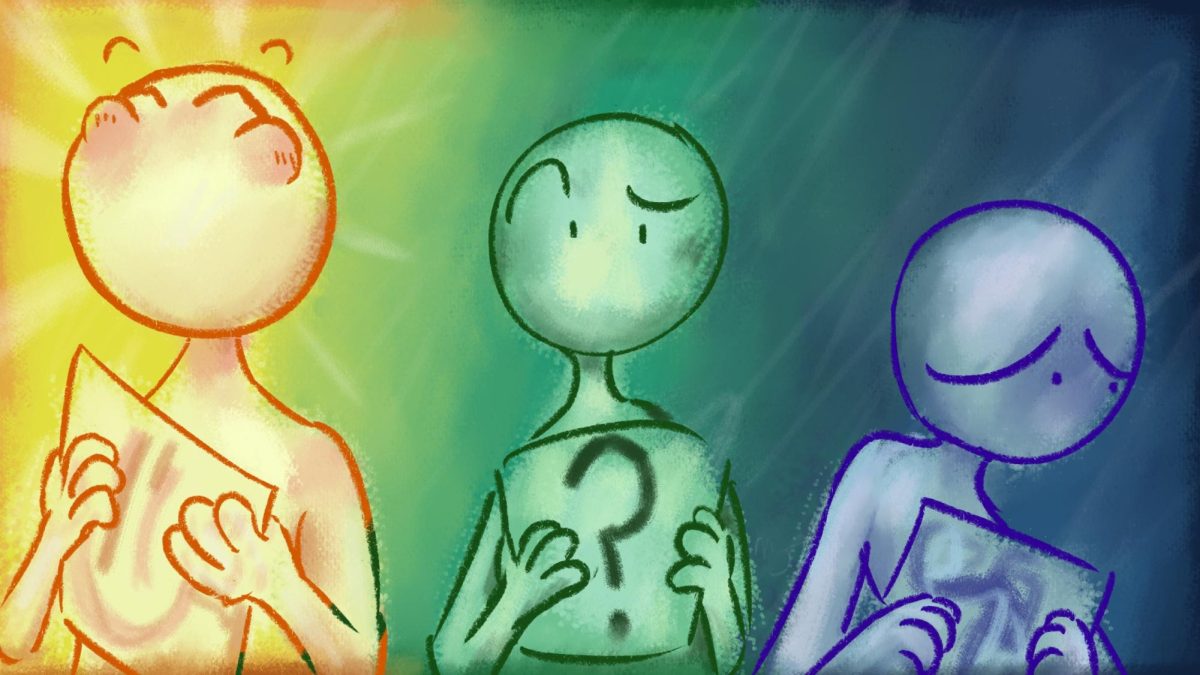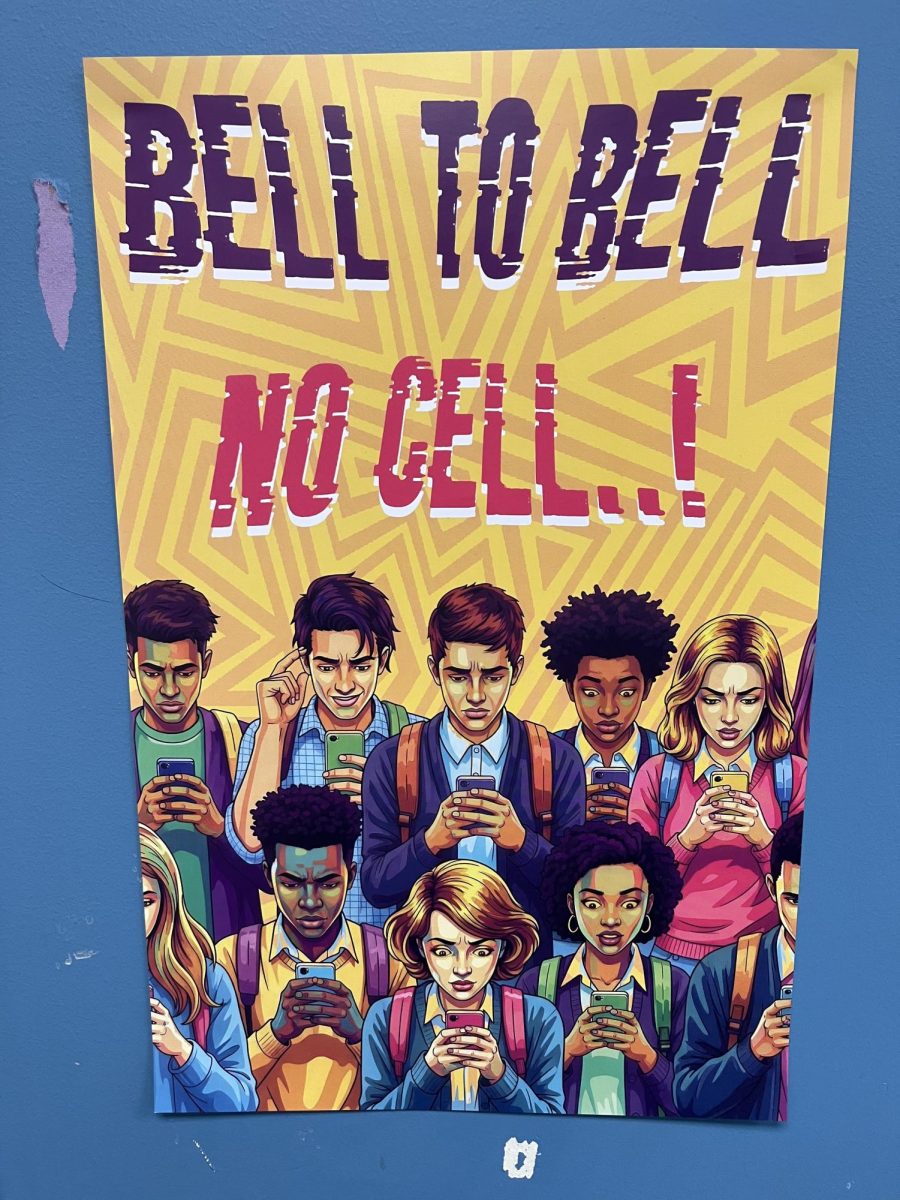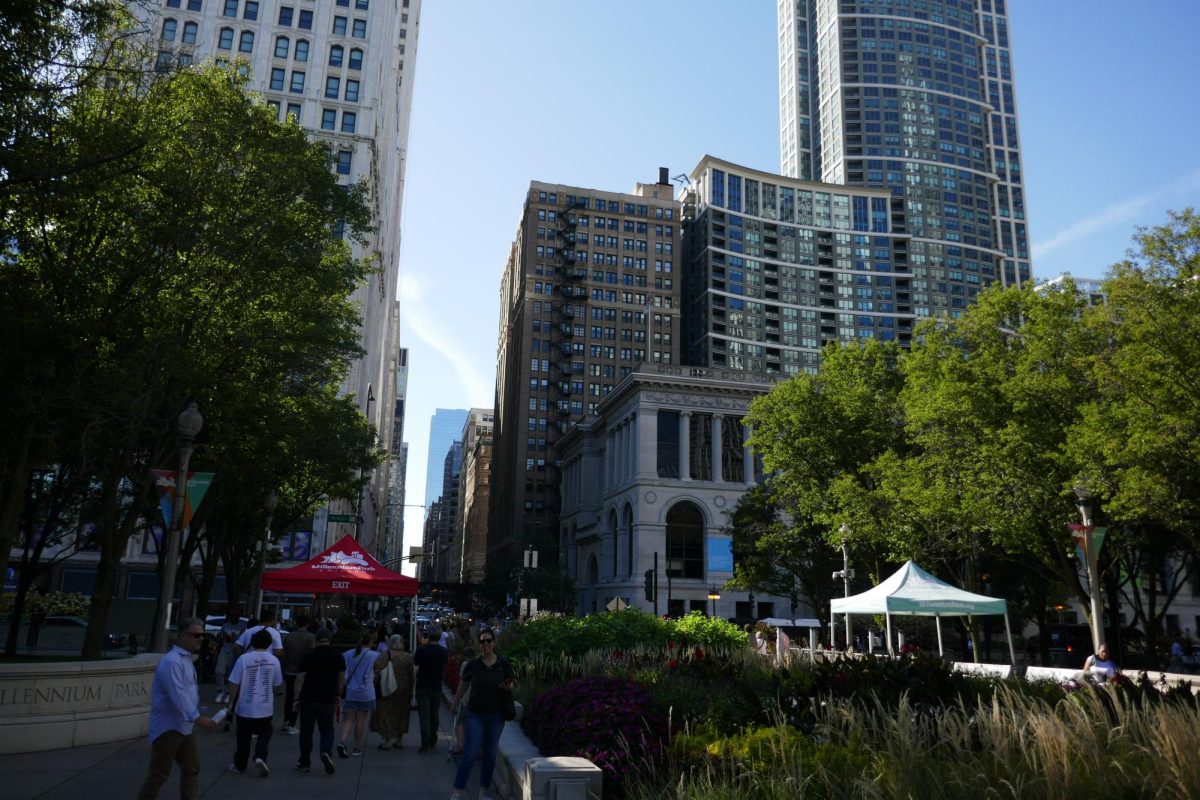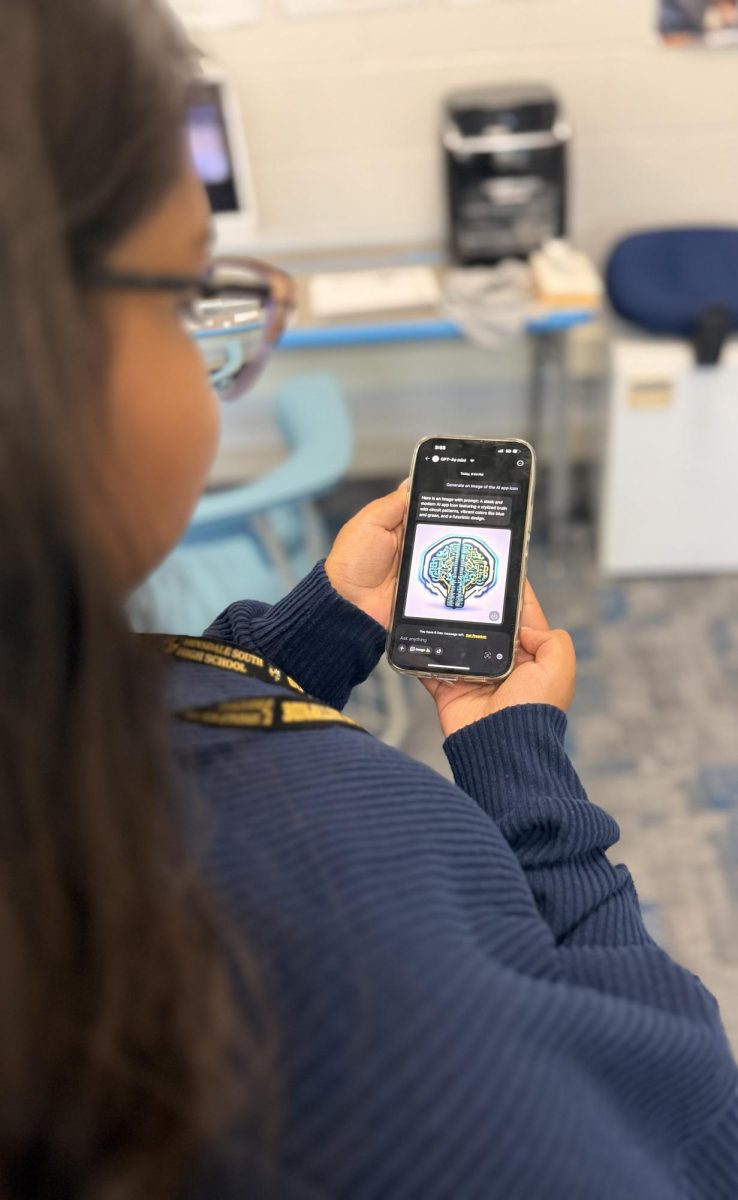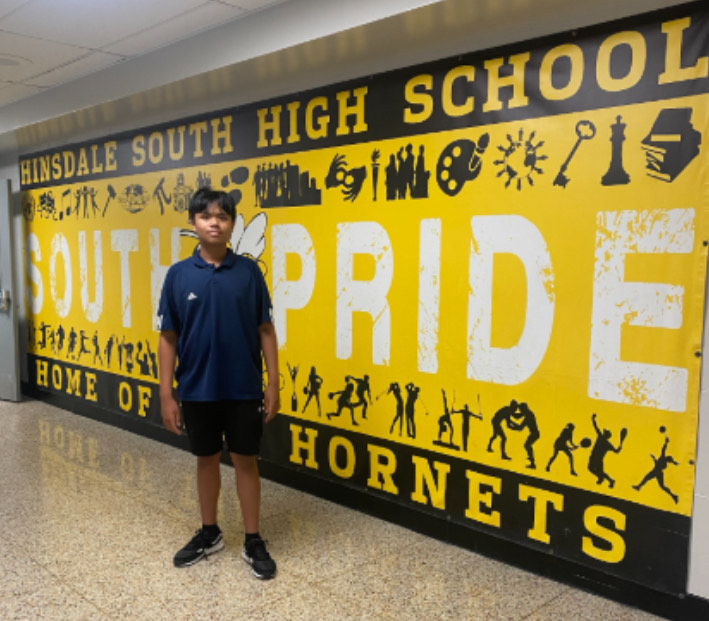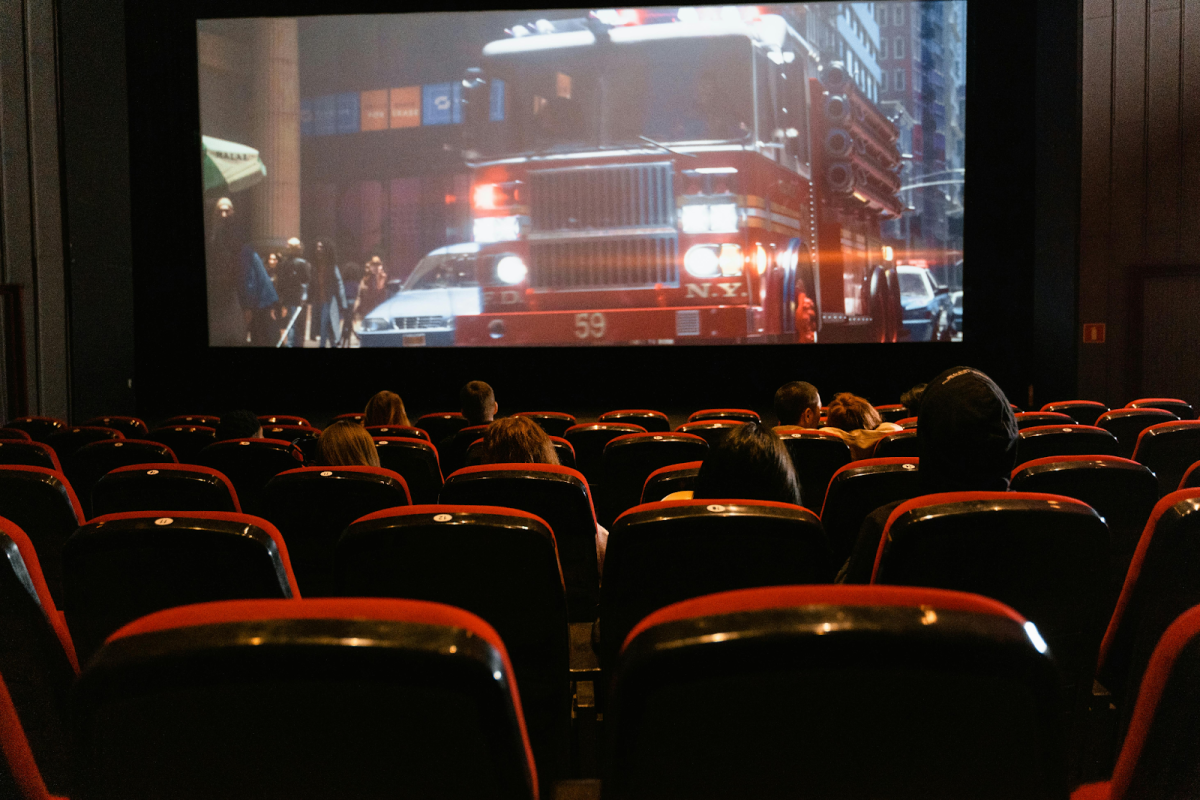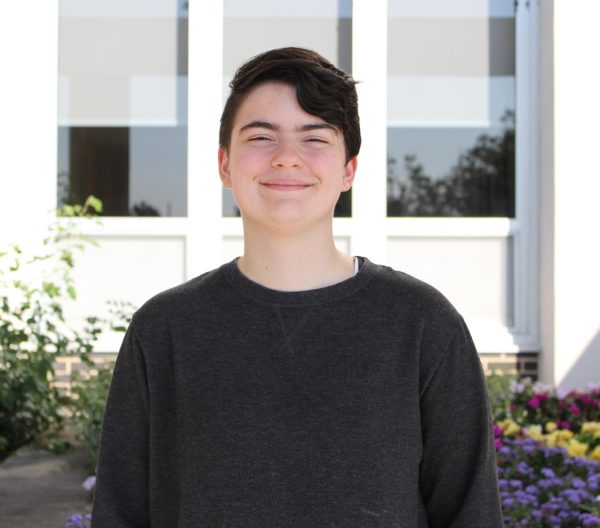Imagine sitting in an exam hall, sweating as a test gets put on your desk. You’ve prepared for this, so why are you so nervous?
Well, it’s because there’s one problem. Neither you nor the person grading your test knows the answer.
Although it may seem preposterous to you, it’s a very real problem for artists entering an art contest. And with the recent Scholastic Art and Writing Awards that many students at Hinsdale South took part in, I think it’s a great topic to discuss.
Art contests are simply competitions in which artists present their work to one or more judges. This concept isn’t new and, in fact, dates back to the early 1900’s with the Summer Olympics. Art contests grew in popularity throughout the years and their popularity is arguably at a peak. There are many different kinds of art contests covering a multitude of different styles and mediums.
With their growing popularity, one has to ask, what are the ethics of art contests?
At first glance, art contests are great! Many artists find it to be the push that they need to get their work out there. Artists can also get recognized for their work through the many prizes that are made available at these events. This can include prize money, art sales, and even scholarships.
Art contests can also be used to foster a community of artists, grouping together people that can then form relationships and connections. While these relationships can be personal, many find that these connections to be useful in their careers. Many people looking for artists to hire turn to these contests to seek out new hires. This transforms art contests beyond a fun event and into a genuinely useful tool for those participating.
There is, however, another side to the coin. A much more troubling side.
The first problem with art contests is in their very nature. Art is subjective. Art is an expression of human emotions. There’s no objectivity when it comes to art; there’s no clear good and clear bad. How, then, are contests judged? Imagine the frustration and fear an artist goes through when they submit a piece to a contest. They don’t know what the judges like, so it’s practically a gamble on whether you will win or lose.
Any competitive environment can drive someone to do their best, sure, but it can also lead to mental health challenges. When someone pours their heart and soul into a submission, a loss can be heartbreaking. Failure weighs on a lot of people who experience this, and it can lead some down a very dark path.
This pain could be the subject of an article on its own. But to put it simply, artists and mental health aren’t exactly the best of friends. That’s not to say that every artist is depressed or facing anxiety but, there’s definitely a pattern.
Artists often face burnout while working which only heightens these emotions. When I experienced burnout recently, I had to force myself to draw. I met deadlines, but the experience was awful.
Yet people still enter contests. Why? Because, like I said earlier, these contests could make someone’s career. Artists can struggle to find stable jobs. The idea exists that art isn’t valuable. Artists are also often overworked, as people don’t understand the time and effort that goes into art. This particular issue grows worse with the rise of AI art.
Many large companies have looked into using AI to replace artists, and many people support that idea. Artists grow worried about their positions since AI is much cheaper than human labor, and it can yield results in seconds. AI does come with a number of drawbacks but many overlook these. To put it simply, artists need jobs and these contests look good on their resumes and can offer a great start to someone’s career.
These challenges are especially apparent in the art contests in which many teenagers and even children take part. We are opening the floodgates by letting young people enter. It can make one feel as though their hobby, their passion, isn’t worth it if they can’t please others. That is very damaging to someone who’s young and can lead one to terminate their own career before they even start. We should be fostering their creativity and their passion. Then again, art contests offer great opportunities to kids. So what do we do? Do we allow kids to take this risk?
Art contests are complicated. They can be an artist’s biggest fear or a useful tool. They can lead artists down a dark path or be the start to something great. Artists must make tough choices whether to subject themselves to the scrutiny and stress of competition.

